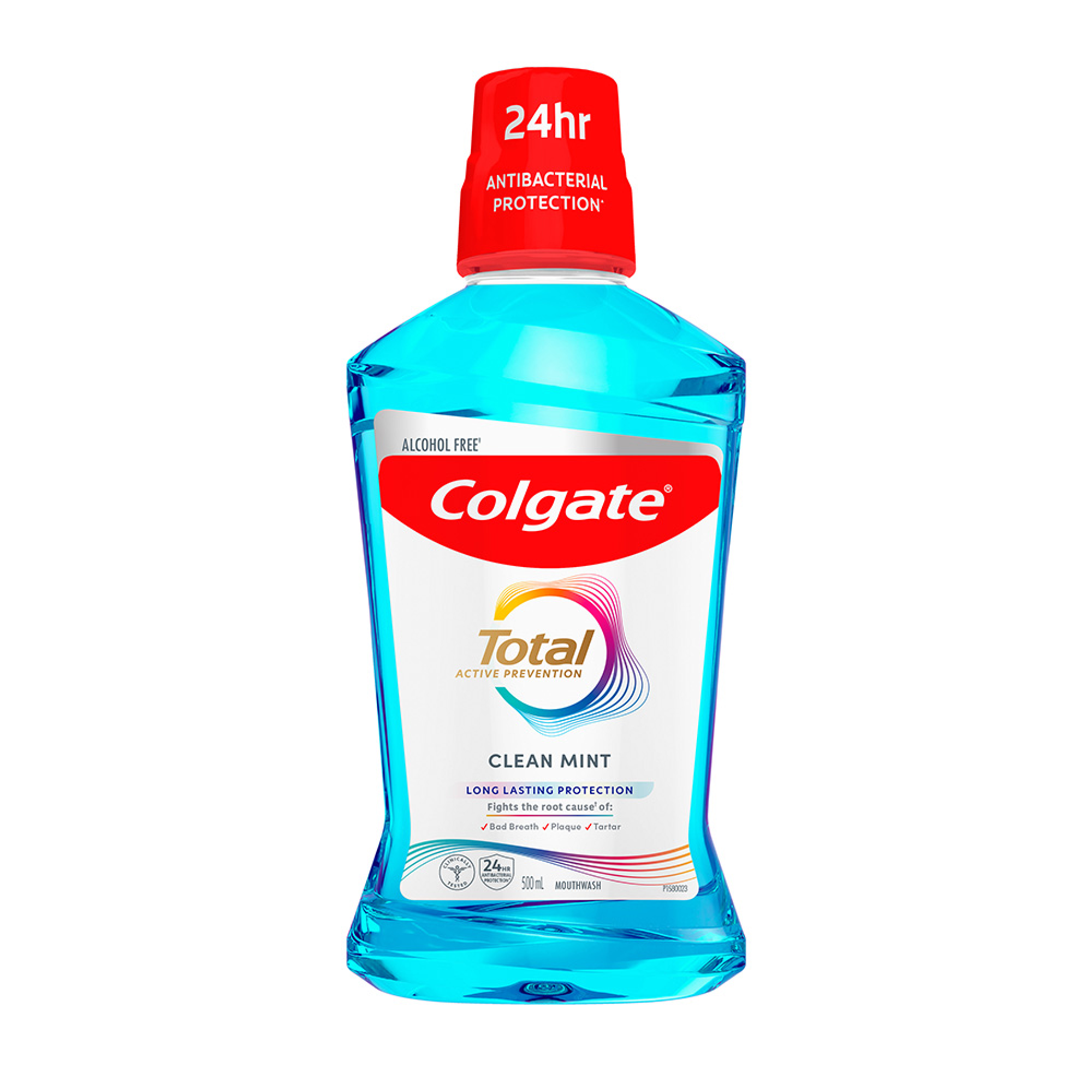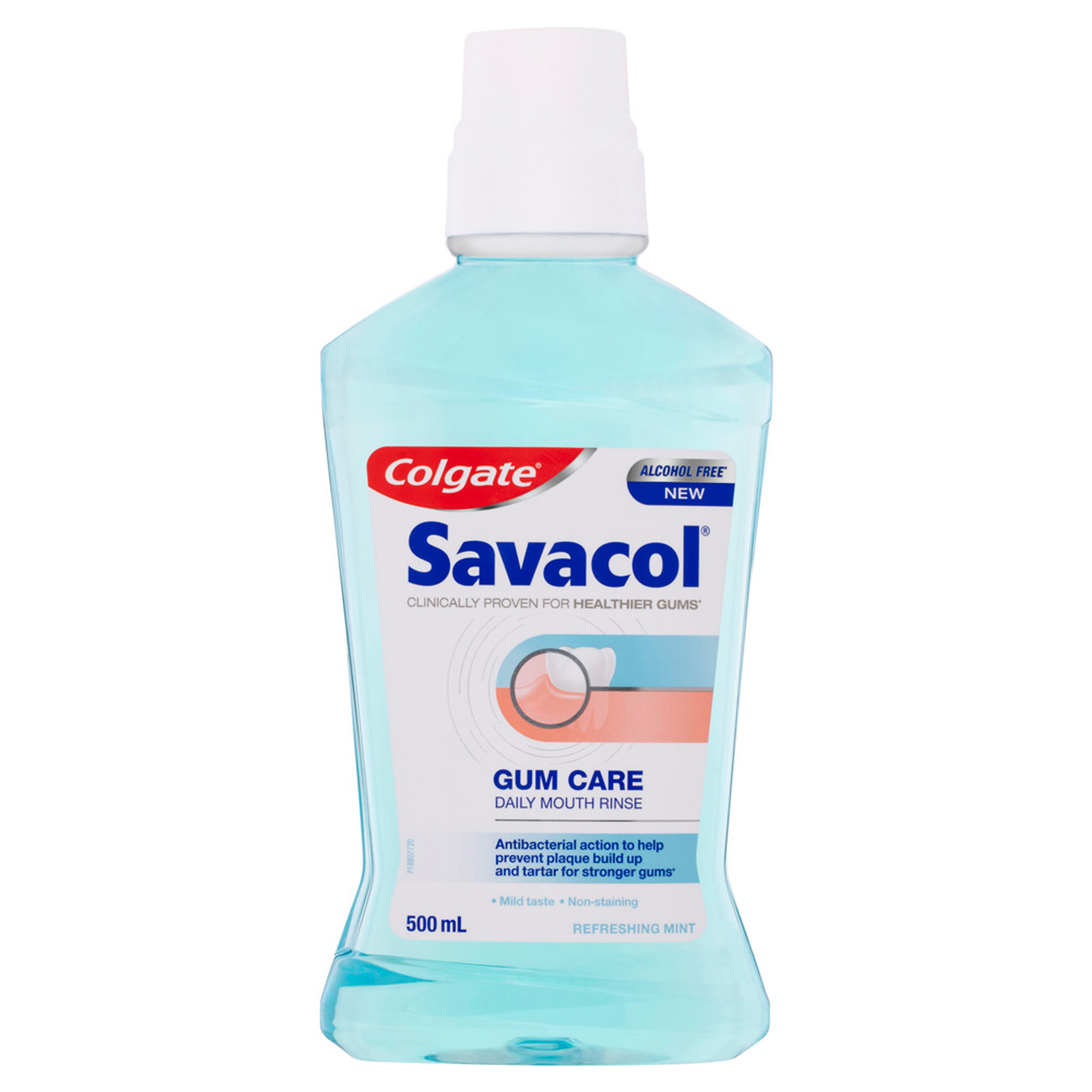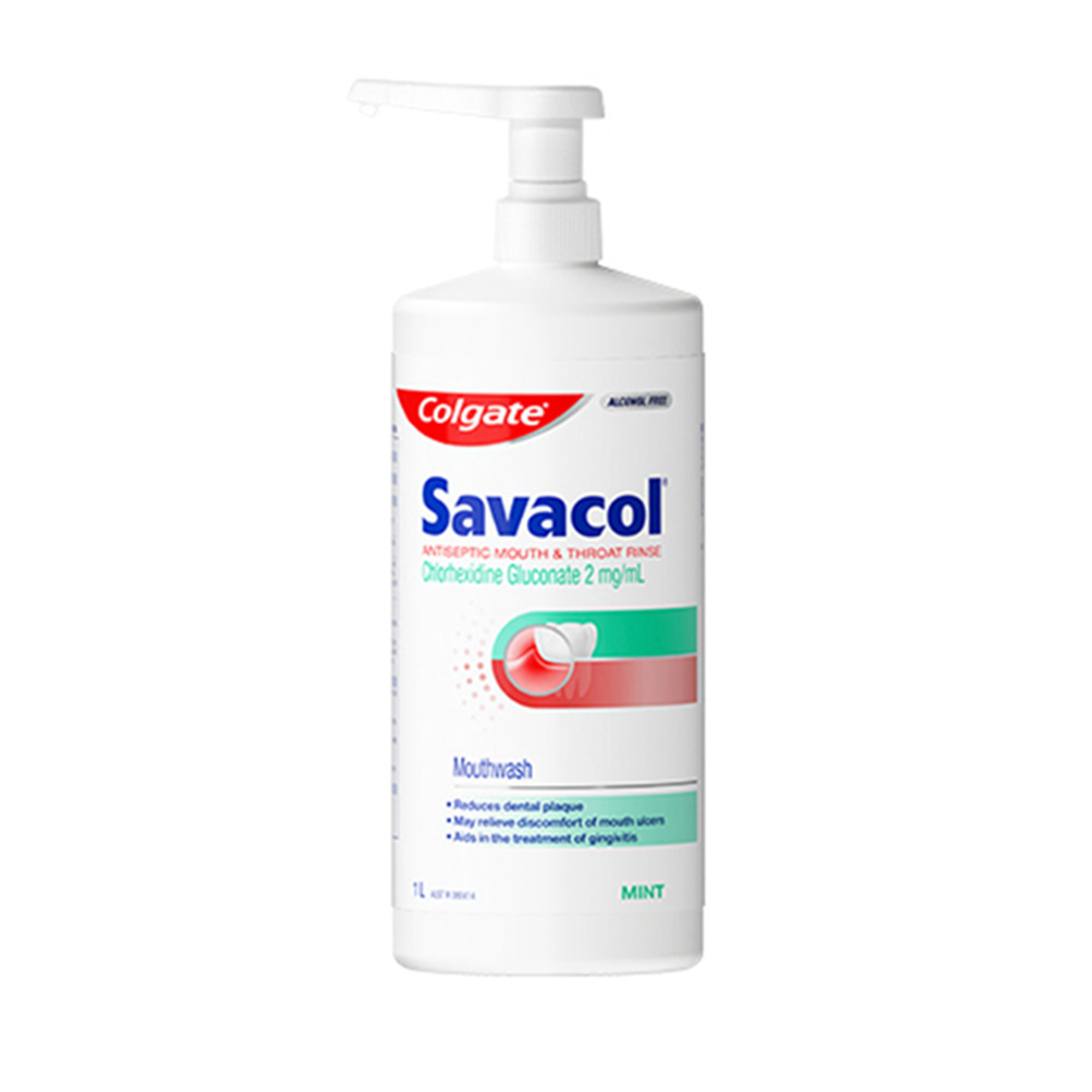
A constant question on a new grad’s mind is whether or not their skills are adequate for the first year of their professional career. Self-doubt, the need for validation, and for some, lack of confidence, are core parts of a young dental professional’s journey and with the added difficulties COVID-19 places on health professionals, it can become overwhelming and leave you feeling vulnerable. How you respond and prepare for these challenges is a crucial part of initiating a lifelong career filled with growth and learning. A young graduate will come out of University with an abundance of knowledge but it is neatly packaged into its organised folders. In reality those folders are all thrown in together. Therefore, mentoring is an important adjunct that can help to pull across the relevant information required to diagnose, treatment plan and treat a patient in an integrated way. Cultivating the mentor-mentee relationship is a recipe you want to get prioritised in your first fews years in the workforce. As a young practitioner accomplishing goals and crafting a professional identity is filled with challenges, and a key advantage of a good mentor is the benefit of perspective. And who better to give insight to this recipe than Colgate’s Scientific Affairs Manager, Dr Susan Cartwright.
What are some specific elements that create an effective mentoring relationship?
- Patience, with each other and the different views, accepting different experiences and focusing on the opportunities to learn.
- Empathy, because everyone has started from somewhere.
- Nurture, an environment of trust where alignment of experiences occurs, open and honest discussions for a healthier outcome.
- Non-judgemental, to guide young professionals to better practice, accept the first year challenges and drive career decisions.
What happens when you find yourself in a mentoring relationship that is not working?
Young professionals become short sighted and search for or decide upon one mentor who will suit every need. This approach is an unrealistic expectation, one mentor, whether assigned to you or not, would not be able to guide a young dental professional through all of the challenges that a professional career may bring or have the time to do so. It is better to have three to five mentors to approach when questions arise and be able to direct them to the correct mentor, based on expertise. This could be a lecturer, a colleague, senior dental practitioner or someone who you look up to.
During these stressful times how would you keep up with changing policies?
- Setting aside time each day
- Checking understanding and right interpretation with someone in your team
- Regular discussions with other new graduates
- Recognise the difficulties
- Work with the team
Any advice for new graduates?
- Establish yourself in practice and focus on your skill development and career goals
- Embrace lifelong learning, lessons learnt and feedback, this will help you grow.
- Be open to making a career choice or change of direction. Look for roles and opportunities that best suit your needs
- Commit time to personal development, for example leadership or taking on new challenges
- Open up networking opportunities
- Appreciate your journey and show appreciation to others
- Know who you are and what you are looking for in your dental career, if unsure discuss with a mentor
- Find mentors that suit you and who will help you grow throughout your career
- Be a detective and have an investigative mind
- Ask questions daily
- Be organised
- Recognise the importance of a good treatment plan
- When in doubt, take a step back, think.
You deserve to have the best career for you. Don’t be afraid to ask for help!
Christine is a new graduate Oral Health Therapist from Auckland University of Technology. Prior to this she obtained qualifications in pharmacology and secondary teaching from University of Auckland. She has teaching/tutoring experience spanning more than ten years. Through this teaching experience combined with her diverse cultural background she has developed a passion for promoting diversity in clinical practice, overcoming communication barriers and connecting with the community. As a member of the Colgate Advocates for Oral Health: Editorial Community, her contributions to the dental community aim to increase interest in sustainable interprofessional practice, provide an educational perspective on the delivery of existing oral health messages and working with vulnerable communities.
Join us
Get resources, products and helpful information to give your patients a healthier future.
Join us
Get resources, products and helpful information to give your patients a healthier future.











